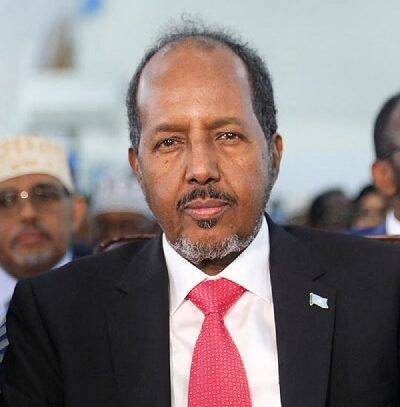The top United Nations (UN) envoy for Somalia on Thursday recognized progress in Somalia’s political situation.
Somalia has made significant progress in advancing key national priorities. These include the appointment of the Independent Constitutional Review and Implementation Commission.
The passage of 11 pieces of legislation, of which six have already been signed into law; and the successful one-person, one-vote district council elections in Puntland state, said Catriona Laing, the UN Secretary-General’s Special Representative and Head of the UN Assistance Mission in Somalia.
The March and May meetings of the National Consultative Council (NCC) resulted in three governance proposals: the revision of the National Security Architecture, a model for fiscal federalism, and an electoral model, she told the Security Council.
The proposed electoral model provides for one-person, one-vote elections at the different layers of government. This aspect has been well-received.
Other elements of the NCC electoral proposal, including a shift to a presidential system, a move to two political parties, and the alignment of electoral terms have received more mixed reactions, she noted.
“I welcome clarification from his Excellency the President (Hassan Sheikh Mohamud) that proposals from the NCC are a starting point for further consultation.
“With that in mind, I urge the federal government to set out its plans for a rigorous and inclusive consultation process, including precise options for consultation and clarity on how agreement will be reached before decisions are codified into law or fed into the constitution-making process,” said Laing.
Puntland remains outside the NCC process but has indicated it will engage directly with the federal government, she said.
“I encourage this dialogue to start urgently to ensure the process is fully inclusive.” Al-Shabab remains a serious threat to Somalia’s security, she said.
Operations led by the federal government of Somalia against Al-Shabab have largely been focused on the Middle Shabelle region, Eastern Hiran and Galmudug.
During these operations, Al-Shabab has been degraded militarily and dislodged from a number of areas. This is a notable achievement. But Al-Shabab remains a significant threat, she said.
The current operations against Al-Shabab have created opportunities for humanitarian access to people in need. -Xinhua

